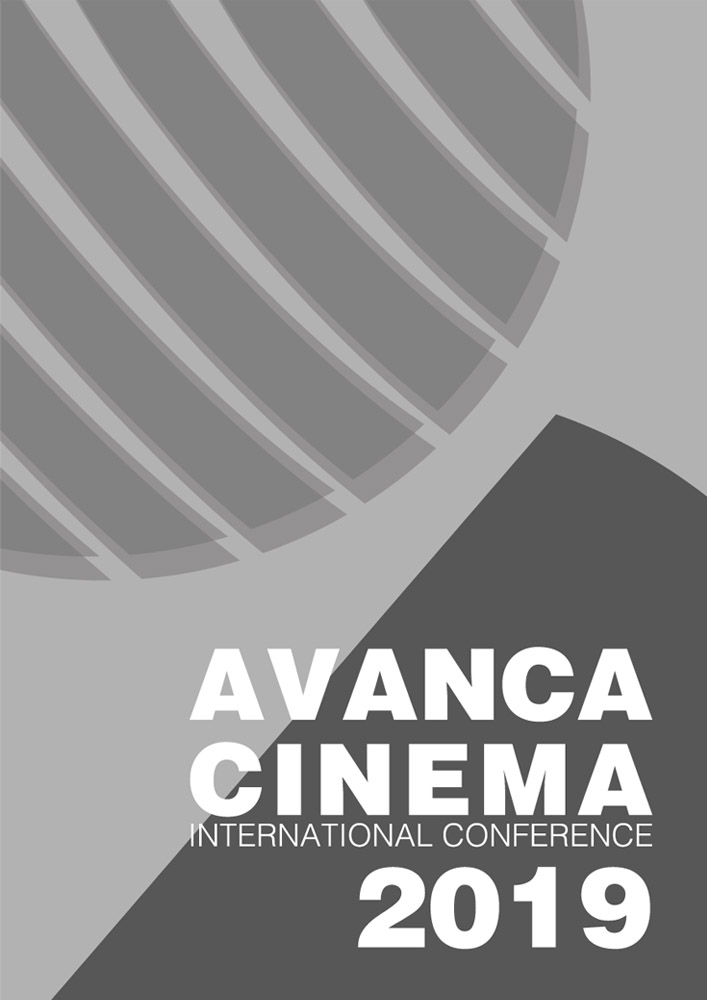Capítulo II _ Cine - Cine
O valor documental do quotidiano: uma leitura histórica.
Resumen
Since its origin, the audiovisual documentary has played an important role in recording not only certain historical events, but also the ways of life of local communities. In this paper we will present an historical reading on the exploration of topics from everyday life in documentary filmmaking. This is something that cuts across the entire history of cinema, from the earliest recordings by the Lumière brothers in the late 19th Century to the experiences created on the crowdsourcing model in the early 21st Century. As the documentary gained momentum as a film genre, important filmmakers like Flaherty and Vertov presented their distinct views on the everyday lives of people. In the 1930s, the sociological and anthropological research project called Mass Observation created an observatory on the daily lives of the English. Later, in the 1950s and 1960s in France, the United Kingdom and the United States, avant-garde movements emerged in documentary cinema: respectively, Cinéma Vérité, Free Cinema and Direct Cinema. From these movements, the work of a group of filmmakers and anthropologists who made documentary films about native populations and about the everyday lives of urban communities of the time will be highlighted, taking special attention to the work of Jean Rouch and his self-reflective approach to cinema that lead him to explore the inclusion of the subject filmed in the actual process of constructing the film.

Esta obra está bajo una licencia internacional Creative Commons Atribución 4.0.

